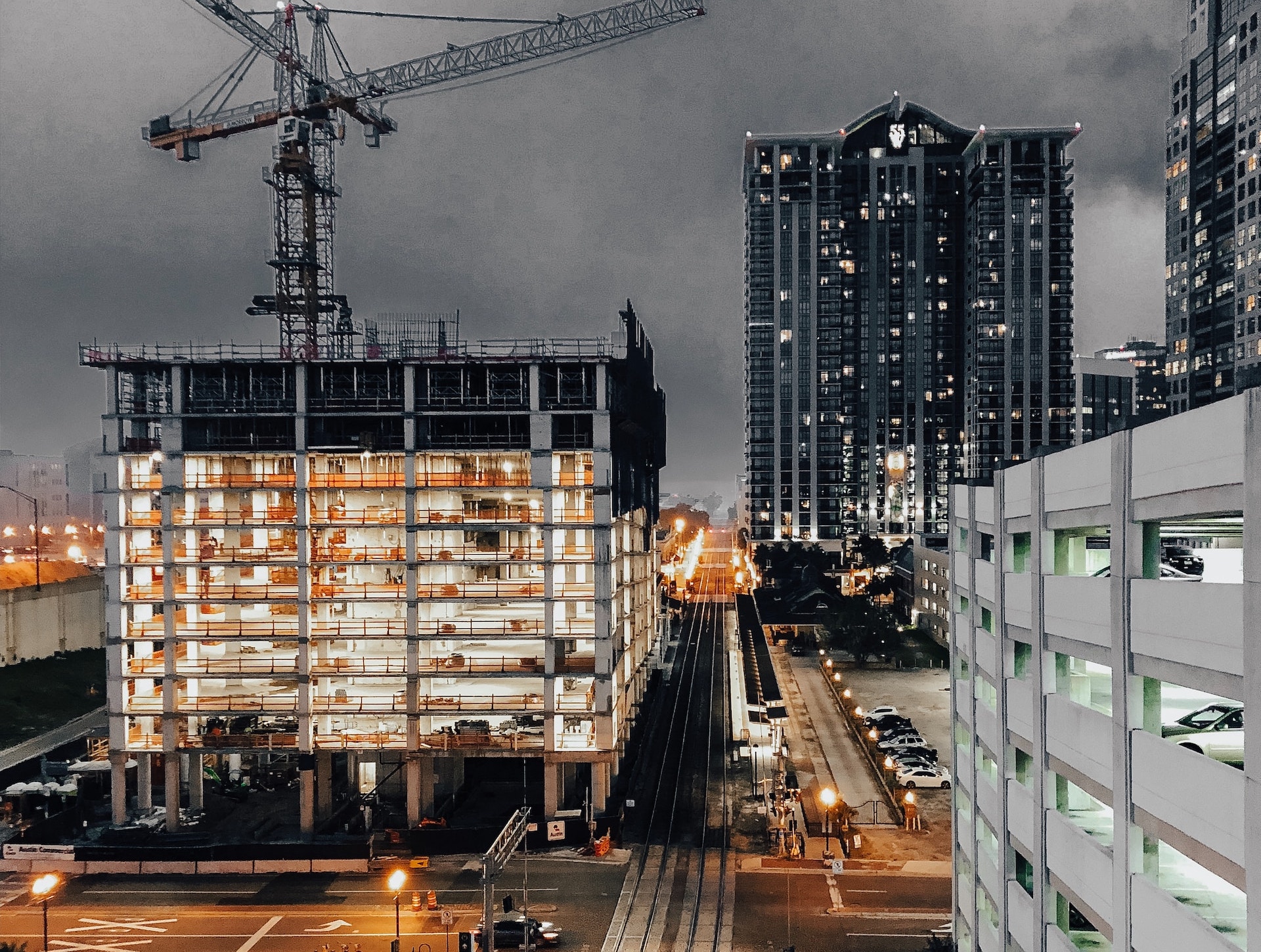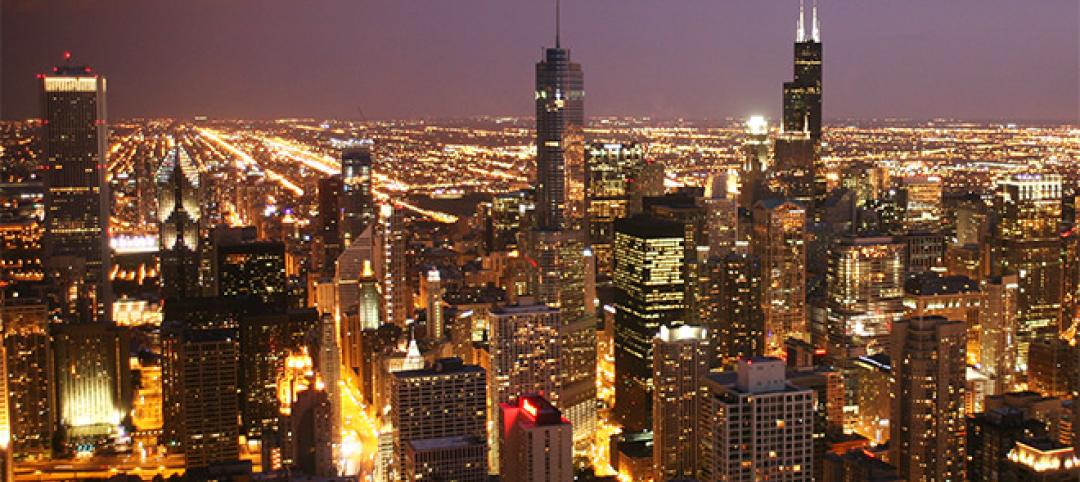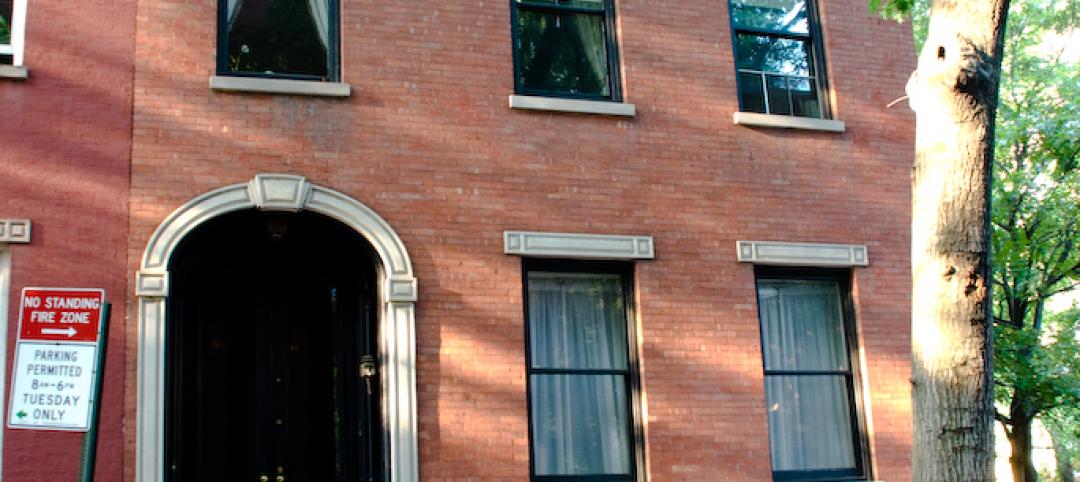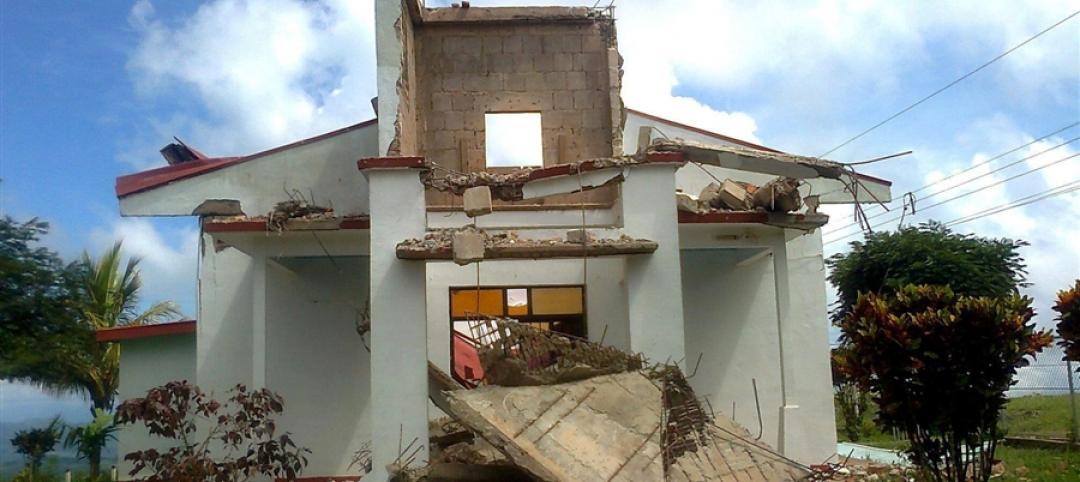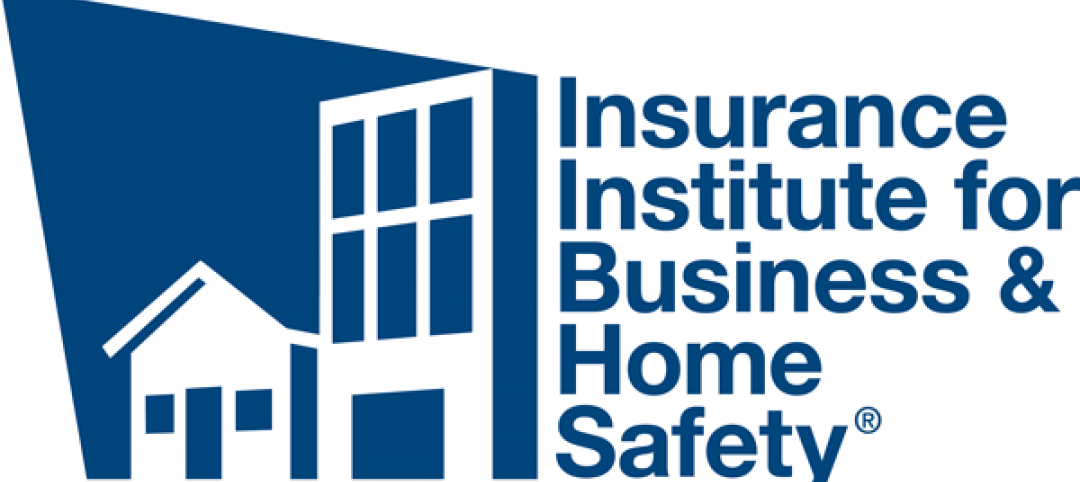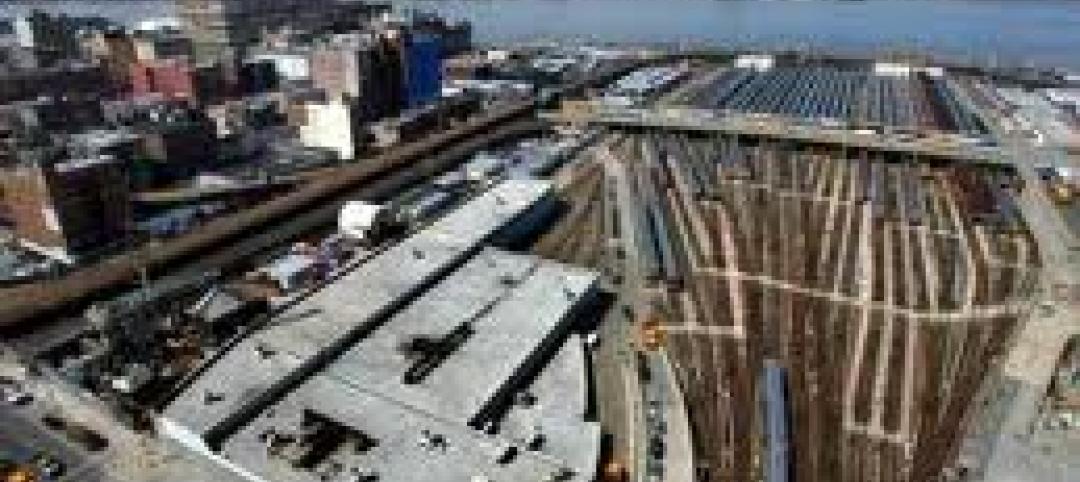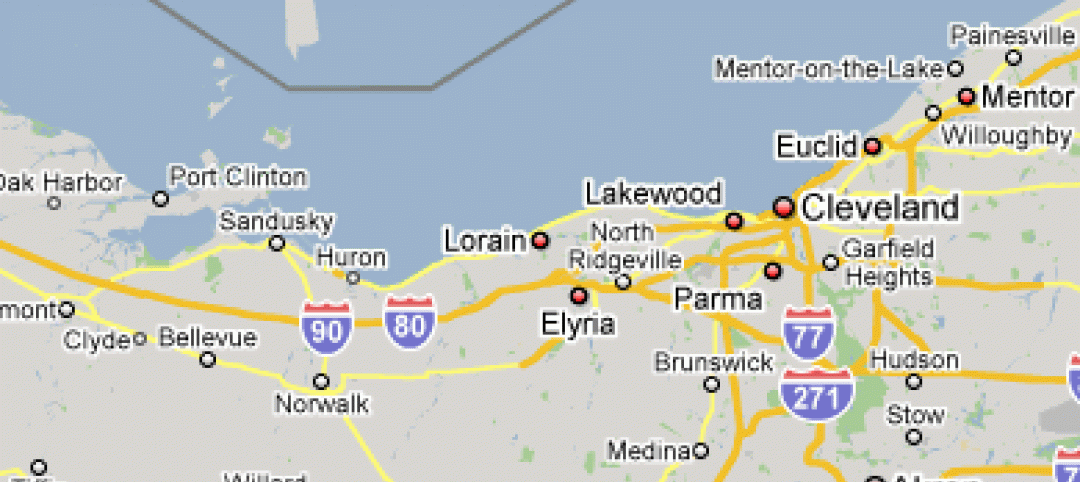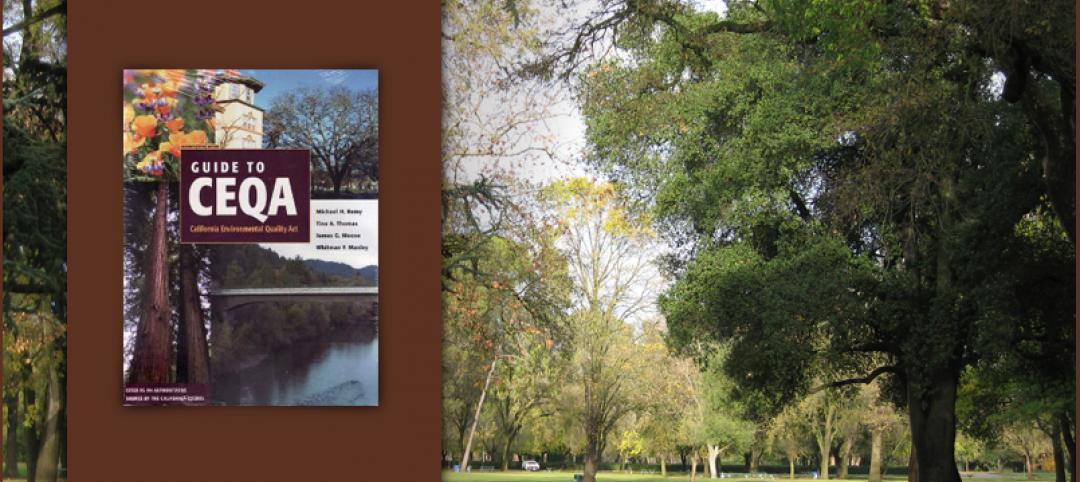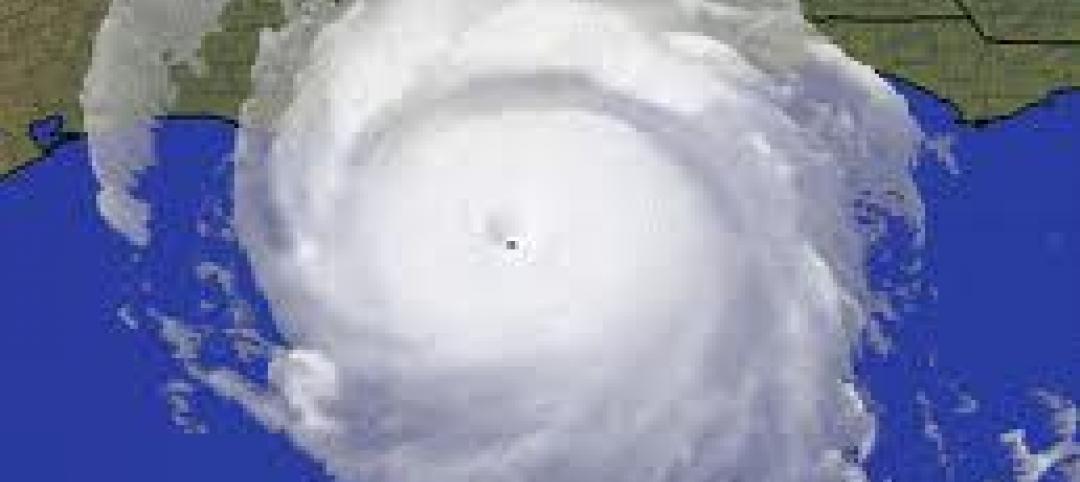The International Code Council (ICC) is revising its code development process to provide more in-depth scrutiny of code change proposals.
The changes will take effect in 2024-2026 for the development of the 2027 International Codes (I-Codes). They will move the development process to an integrated and continuous three-year cycle.
In the new timeline, the first year will include two Committee Action Hearings for Group A Codes; year two will include two Committee Action Hearings for Group B Codes; and year three will be the joint Public Comment Hearings and Online Governmental Consensus Vote for both Group A and B Codes.
“The addition of the second Committee Actions Hearings in year one and two will foster a more in-depth vetting of code change proposals, allowing an opportunity for the committee members to review and evaluate the original proposals and consider the submitted responses,” according to an ICC news release. “This also provides more opportunity for proponents to build consensus for their code change proposal and ensure the best version of their intended improvement to the existing codes.”
With combined Public Comment Hearings in the third year, voting members will be able to vote on all suggested changes to the next edition of the I-Codes at one time, the release says. The updated process also provides more opportunity for proposed new referenced standards to be developed and finalized on a consistent timeline regardless of the group (Group A or B) with which they are associated.
Related Stories
| Sep 14, 2012
To create more pedestrian-friendly neighborhoods, Chicago unveils safety plan
As more urban mixed-use and residential developments aim to encourage residents to walk and use mass transit, cities are addressing pedestrian safety.
| Sep 14, 2012
Worker killed in Brooklyn building collapse; overloaded floor decking blamed
One worker was killed after he and others plunged 40 feet through an unfinished upscale Brooklyn townhouse building.
| Sep 14, 2012
NRCA University offers photovoltaic class
NRCA University will offer a class called “Photovoltaic Roof Systems: Energizing Your Business” Oct. 16 in Philadelphia.
| Sep 14, 2012
Costa Rica’s strict building codes prevent major damage in powerful quake
The relatively little damage from a 7.6 earthquake was due in large part to strict building codes in Costa Rica, a country that has long enjoyed more stability, better governance, and stronger economic development than many of its Central American neighbors.
| Sep 14, 2012
Building codes should require continuous connection from roof to foundation, says IBHS chief
“One of the most effective ways to greatly increase a building’s strength and safety during hurricanes, tornadoes and straight-line windstorms is to be sure the building is tied together properly,” says Julie Rochman, president and CEO of the Insurance Institute for Business & Home Safety (IBHS).
| Sep 7, 2012
Related Companies and unions agree to wage-cutting deal on Hudson Yards
The Related Companies has won wage-cutting agreements with four dozen construction unions in its efforts to save money on the $15 billion development of Hudson Yards.
| Sep 7, 2012
Lorain, Ohio considers halting downtown construction while it works out development plan
Construction would stop downtown for six months while Lorain, Ohio officials consider a development plan for the city, according to new legislation.
| Sep 7, 2012
Business, labor groups push for easing of California’s Environmental Quality Act
Business and labor groups have combined forces to push for a change to California's Environmental Quality Act, specifically its complex review process for building and construction projects.
| Sep 7, 2012
Twenty years later, Florida contractors cite Hurricane Andrew as construction game-changer
Remarking on the 20th anniversary of Hurricane Andrew, which devastated south Florida; contractors are noting the storm’s impact on their industry—including the state’s adoption of tougher building codes.
| Sep 7, 2012
At risk for nine types of natural disasters, Texas trails most coastal states on building codes
Texas has the most diverse weather risk in the country, with exposure to nine different types of natural disasters.


